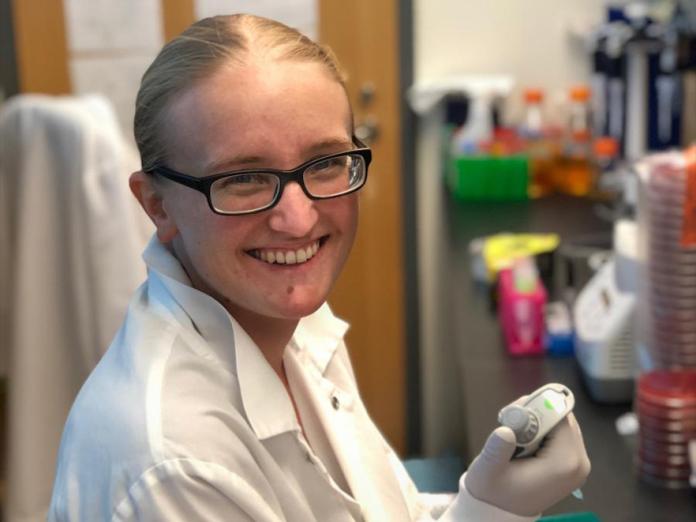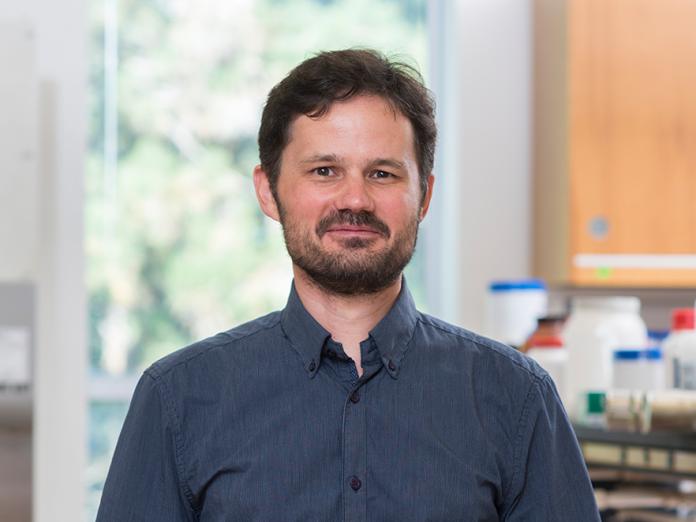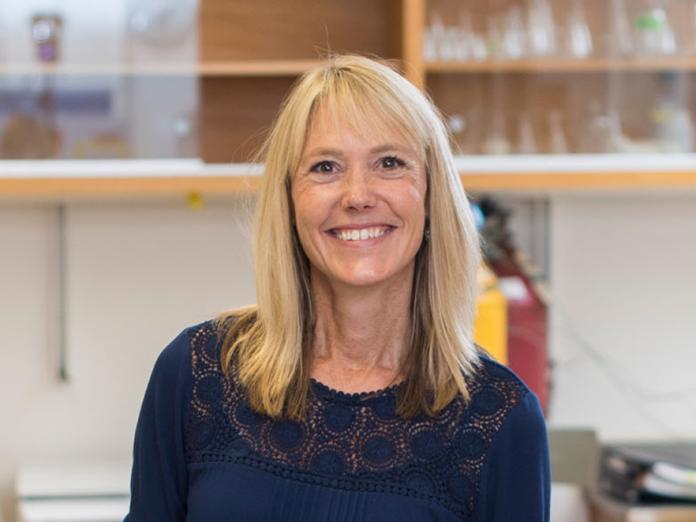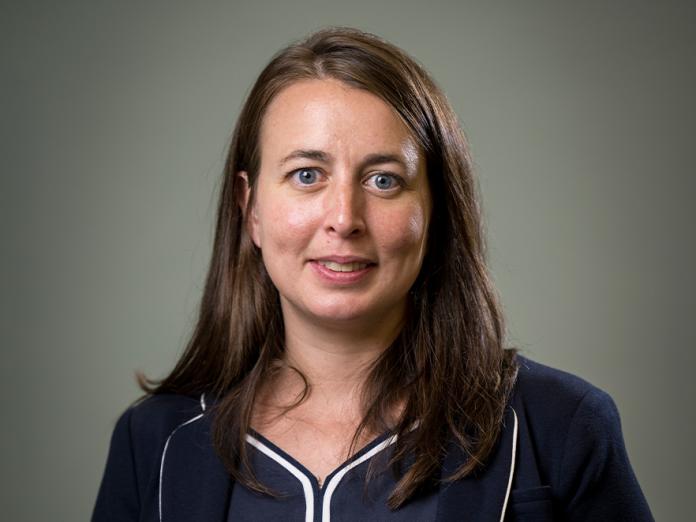Researchers in this area investigate the inner workings of microbes, their metabolic activities and regulatory processes, and they study how these properties contribute to a multitude of microbial interactions implicated in global ecological cycles as well as health and disease.
Breadcrumb
- Micro
- Back to Research
- Cellular Metabolism and Interaction
Cellular Metabolism and Interaction
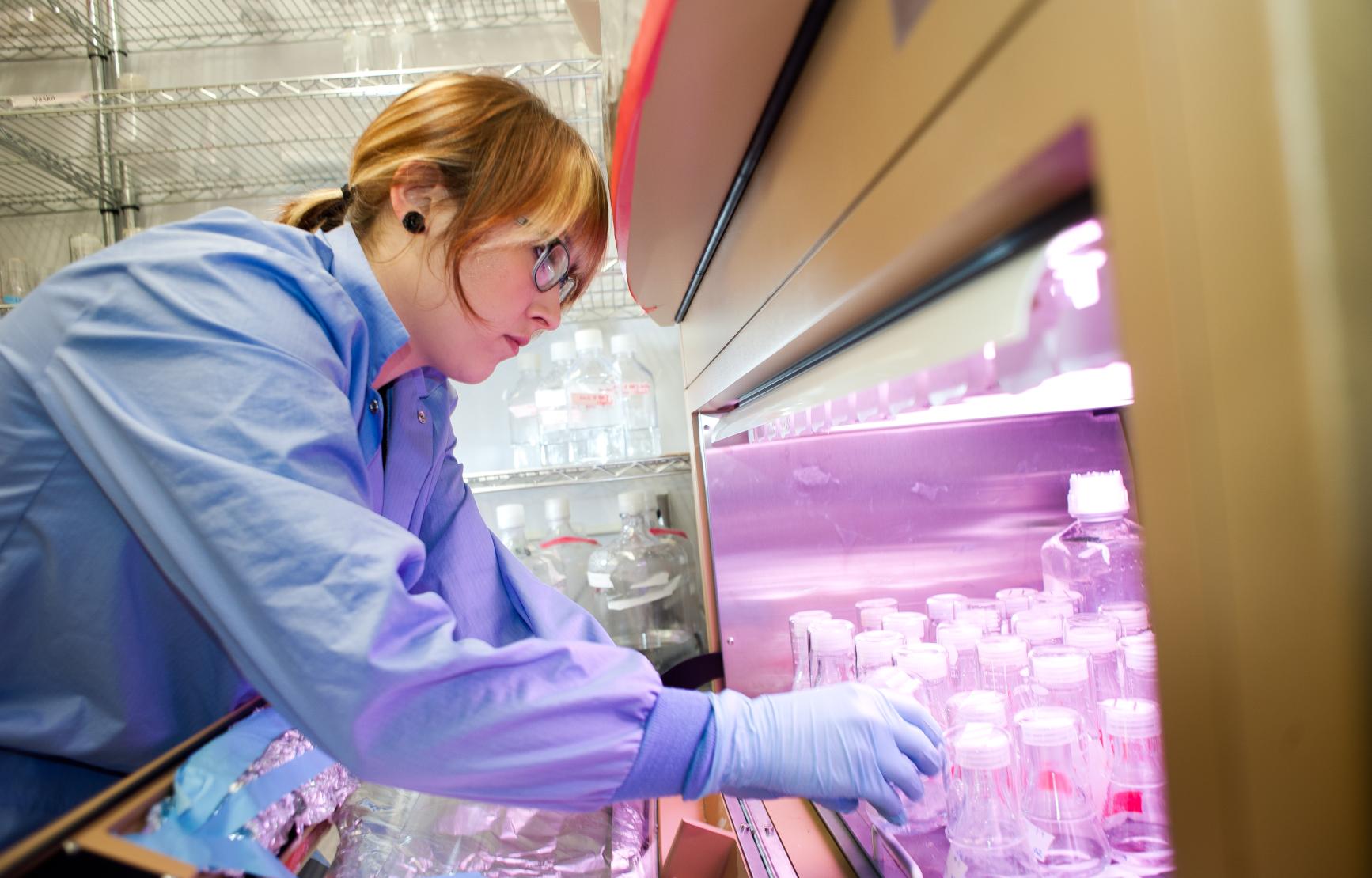
Scientists at the forefront of cellular metabolism and interaction research
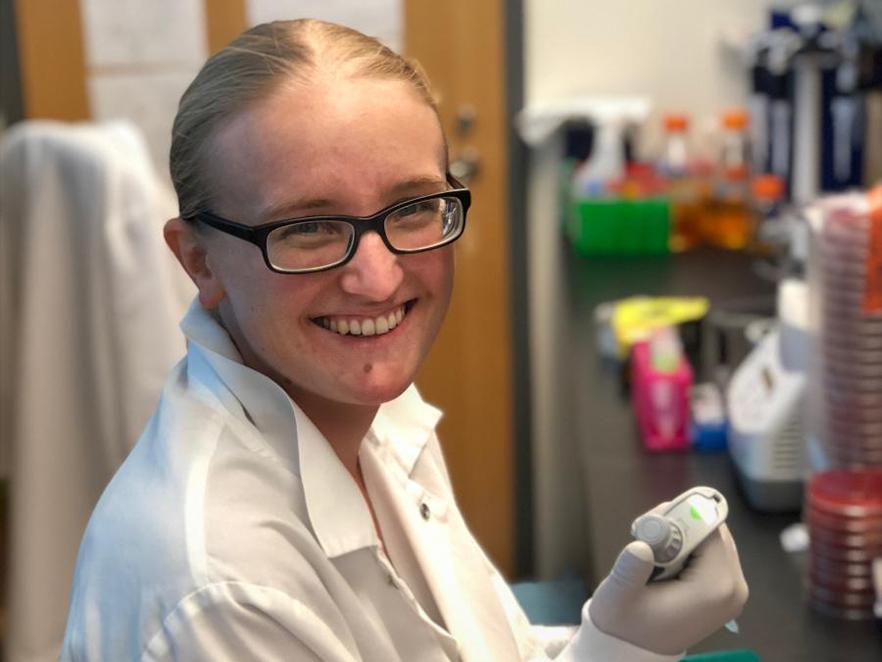
Hannah Rowe
Assistant Professor
The Rowe lab studies cooperation between the human upper respiratory microbiome and respiratory viruses. Many species of bacteria in the upper respiratory community can bind to Influenza A virus, the cause of ”the flu.” This interaction can increase the likelihood of a bacterial infection after having the flu and can alter the transmission of the flu from person to person. Influenza A virus also is a pathogen of birds and understanding interactions between Influenza A virus and bird microbiome can lend insights into pathogenesis and transmission of Avian Influenza Viruses, both bird to bird and bird to human.
Nash 434
541-737-8131
hannah.rowe@oregonstate.edu
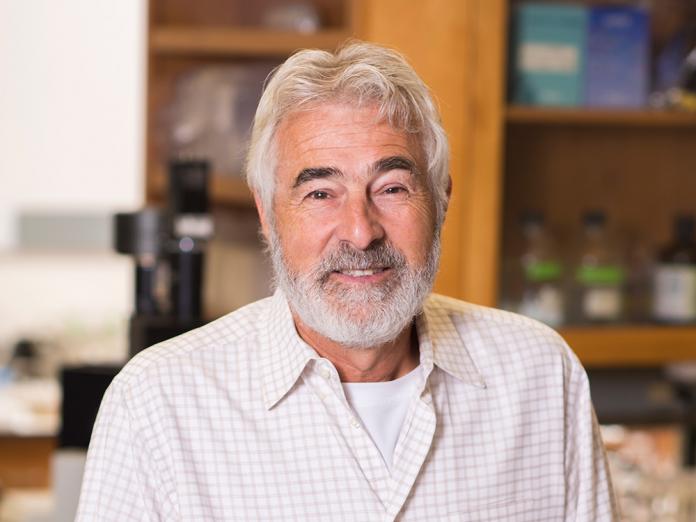
Stephen Giovannoni
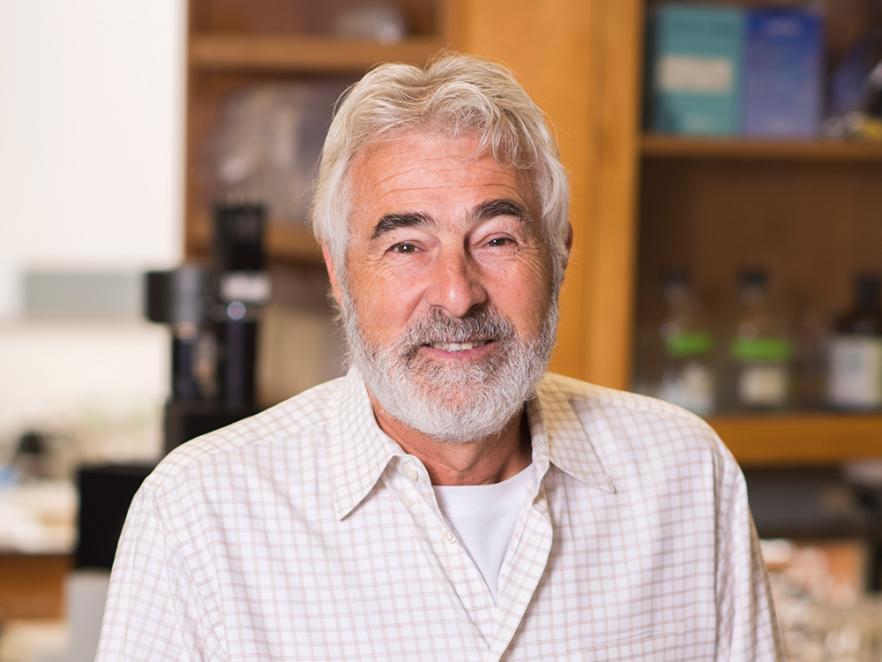
Stephen Giovannoni
University Distinguished Professor
We study the ecology, evolution, and systems biology of SAR11 marine bacteria, the most abundant microbial group on the planet. We are also home to OSU’s High Throughput Culturing Laboratory which develops new technologies for culturing bacteria. Our field research is focused on the role of SAR11 and other marine bacteria in the ocean carbon cycle.
248 Nash Hall
(541) 737-1835
stephen.giovannoni@oregonstate.edu
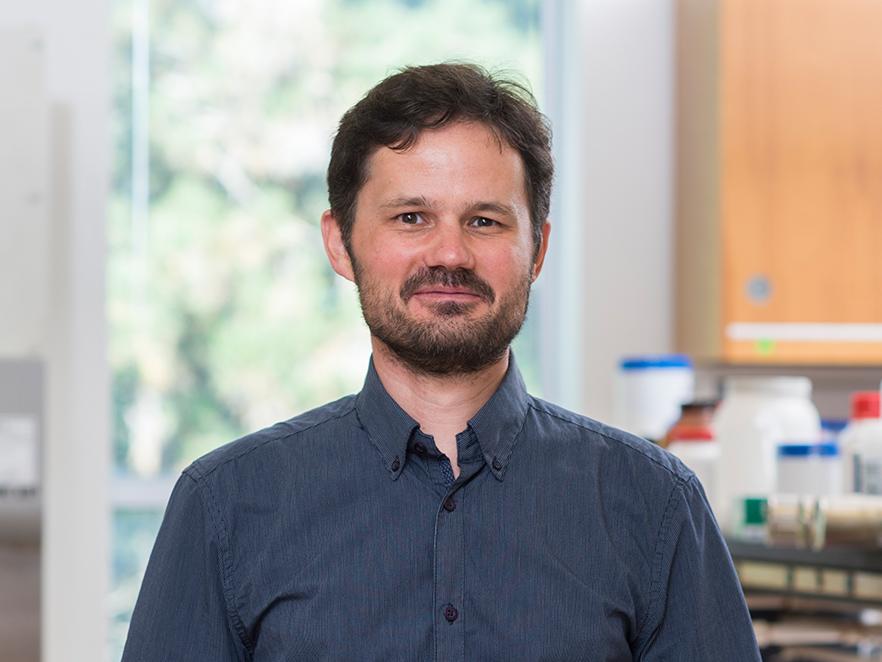
Martin Schuster
Professor
Bacteria talk – and we’re listening. We are interested in the mechanisms and evolution of bacterial communication and cooperation. Cell-cell communication, also termed quorum sensing, is ubiquitous in the bacterial world and often controls other cooperative processes such as biofilm formation, nutrient acquisition, and virulence.
422 Nash Hall
541-737-3496
martin.schuster@oregonstate.edu
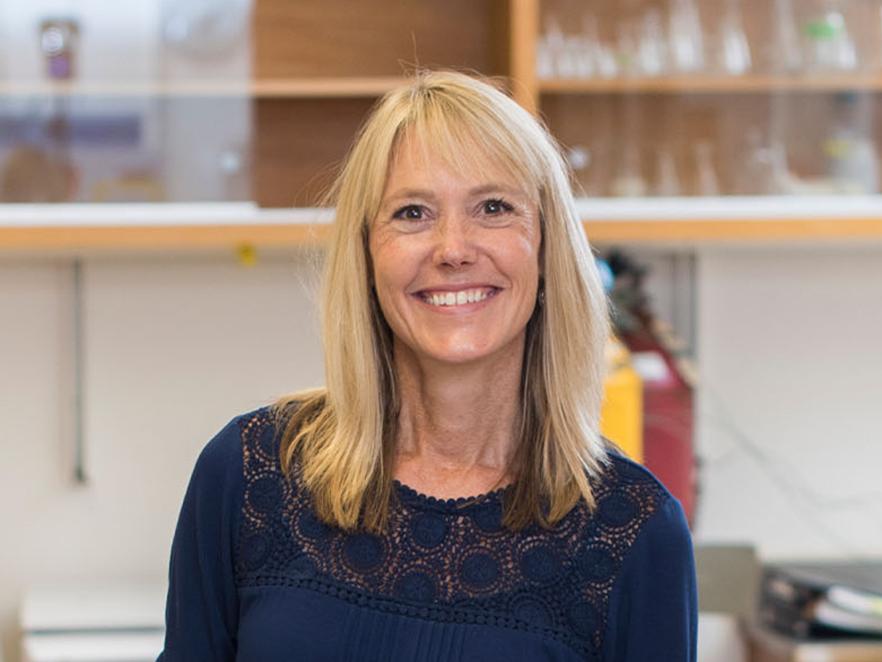
Kimberly Halsey
Associate Professor
Phytoplankton are the single celled plants in aquatic environments that initiate the carbon cycles and the aquatic food web. We study phytoplankton physiology by combining traditional culturing techniques with molecular, biochemical and comparative measurements to understand the responses in photosynthesis, microbe-microbe interactions and variability in ocean productivity.
354 Nash Hall
(541) 737-1831
halseyk@science.oregonstate.edu
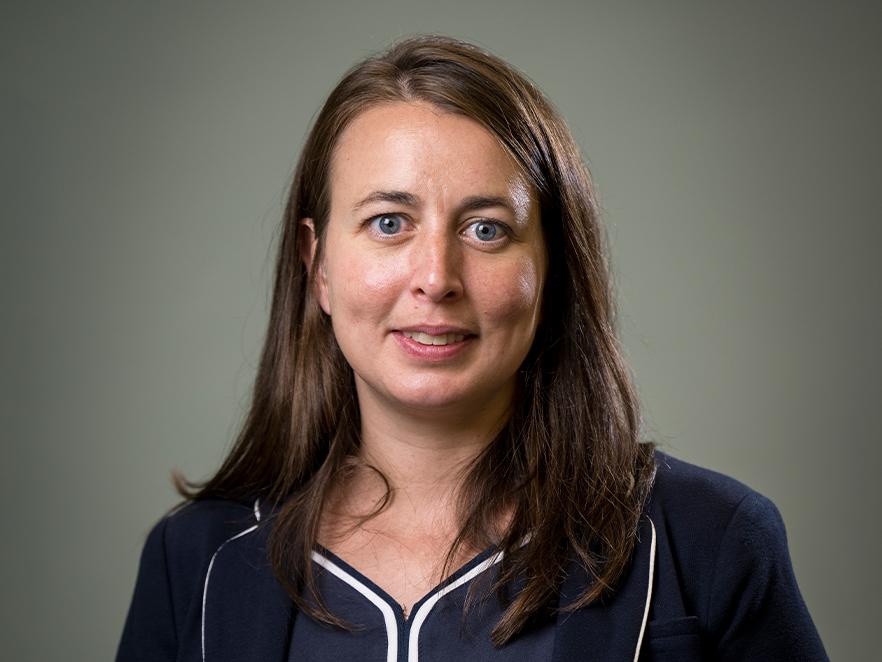
Maude David
Assistant Professor
Dr. David has partnered with several companies, with which she has received several SBIR (Small Business Innovation Research) from the National Institute of Health and the Environmental Protection Agency. She is also the confounder of two companies, including NeuroBiome LLC, currently working on developing a new type of gut-brain chip.
534 Nash Hall
(541) 737-0629
maude.david@oregonstate.edu
Latest Stories
Across the Department

Science and legacy: This 1962 alumna did it all

College of Science graduate students earn prestigious awards in 2023-24

